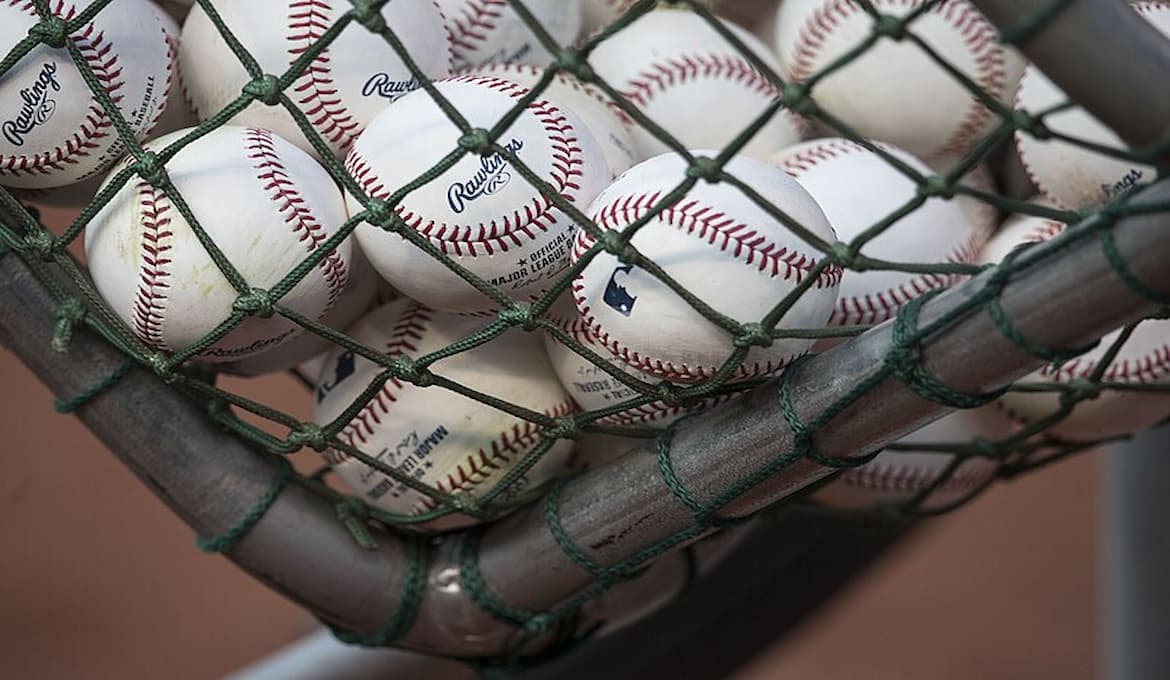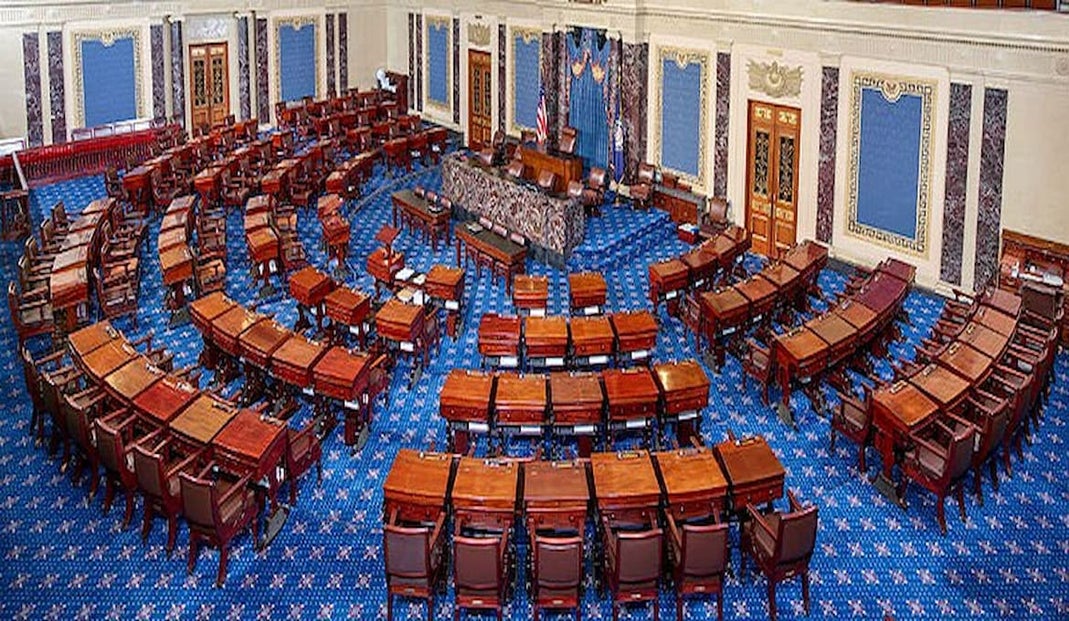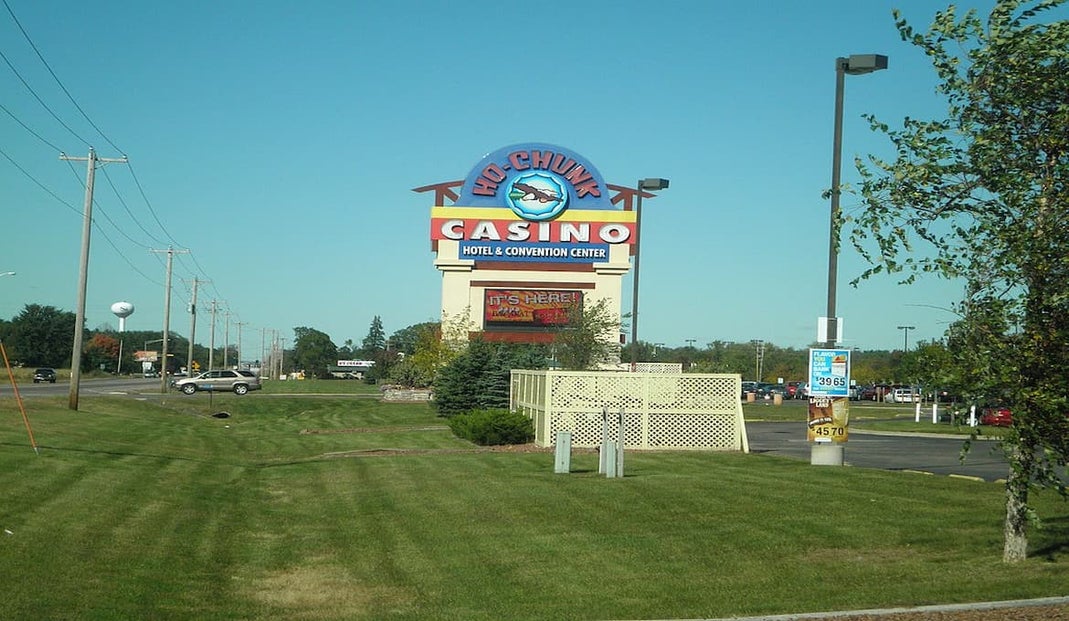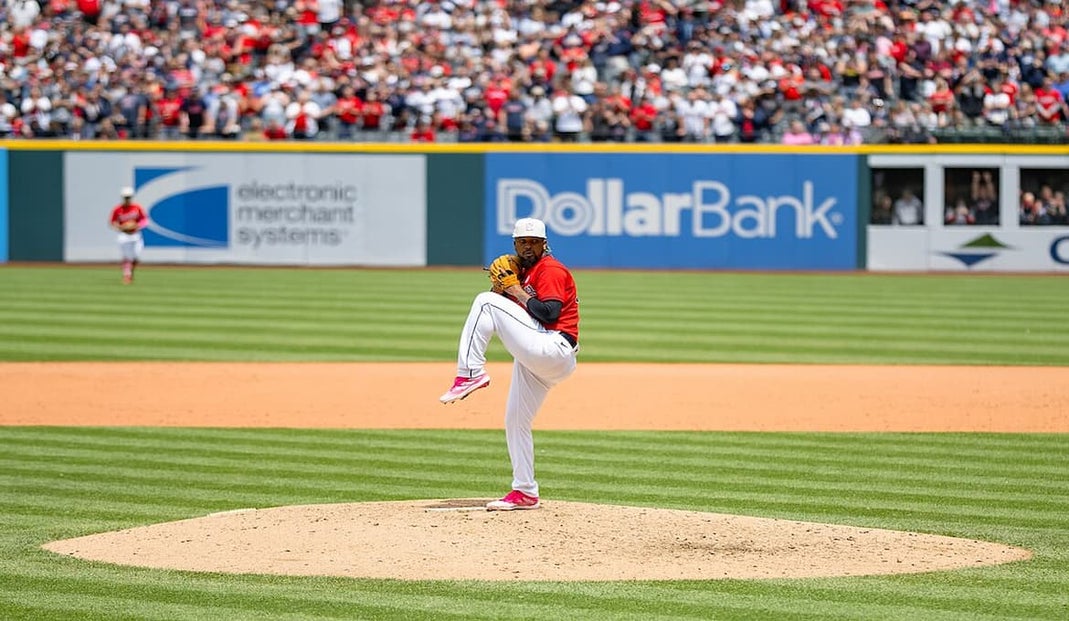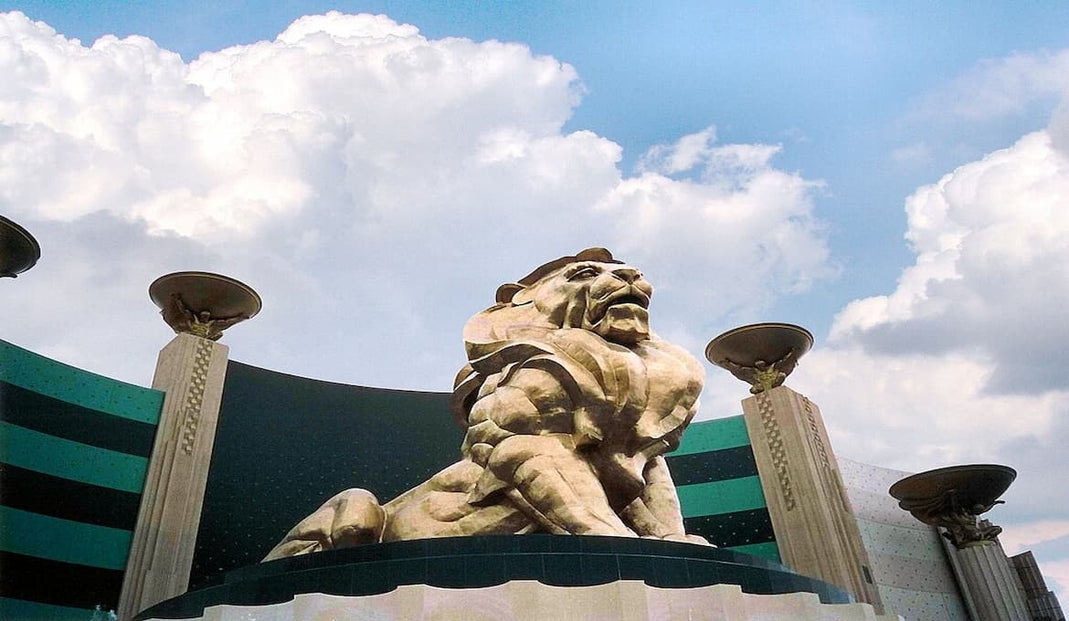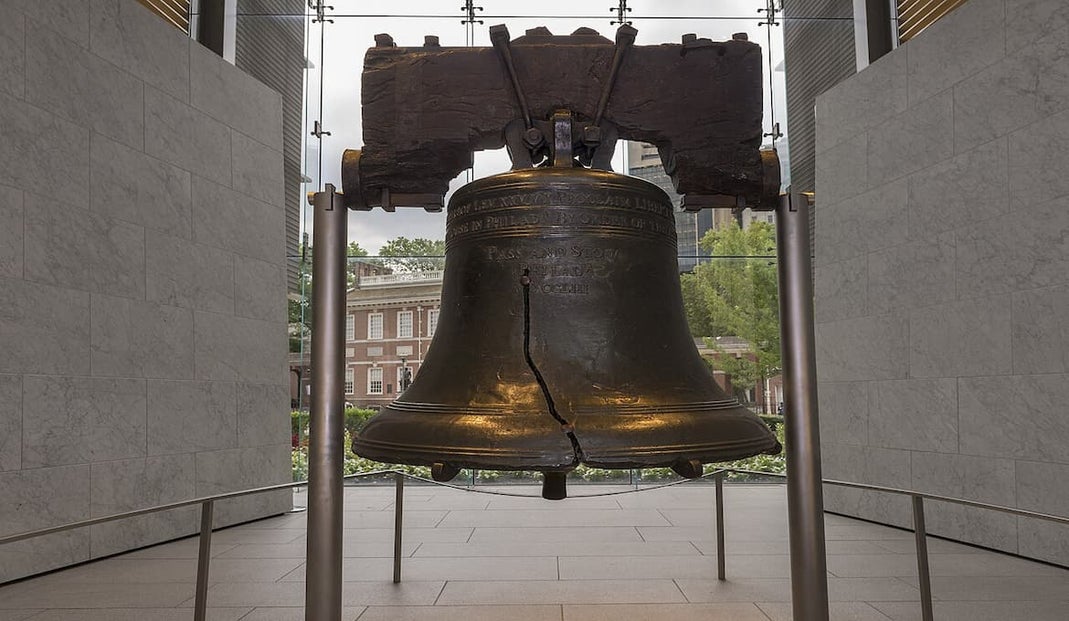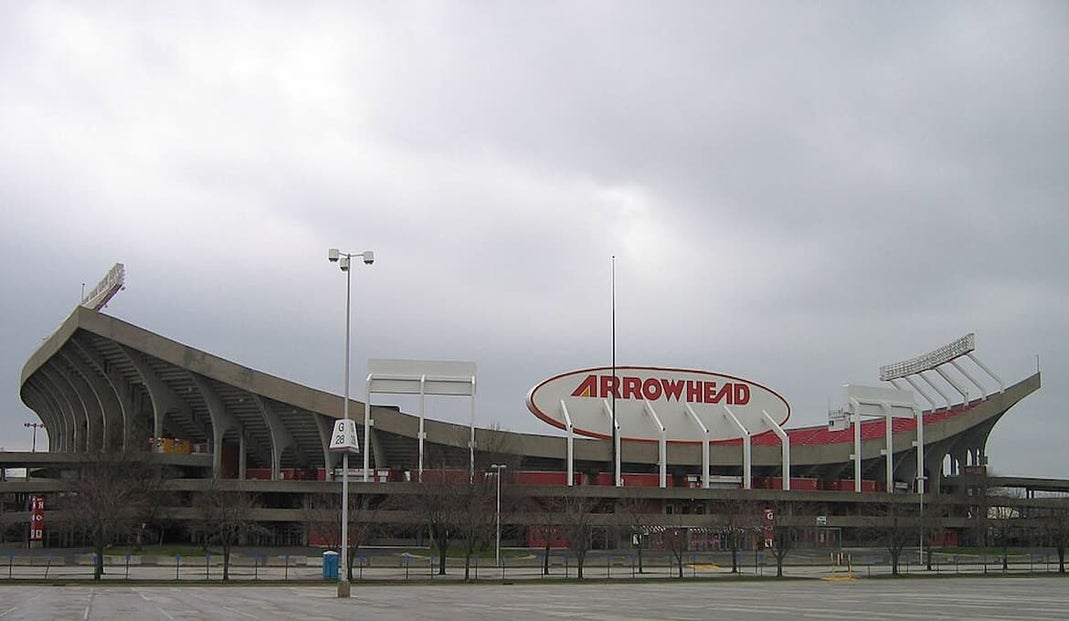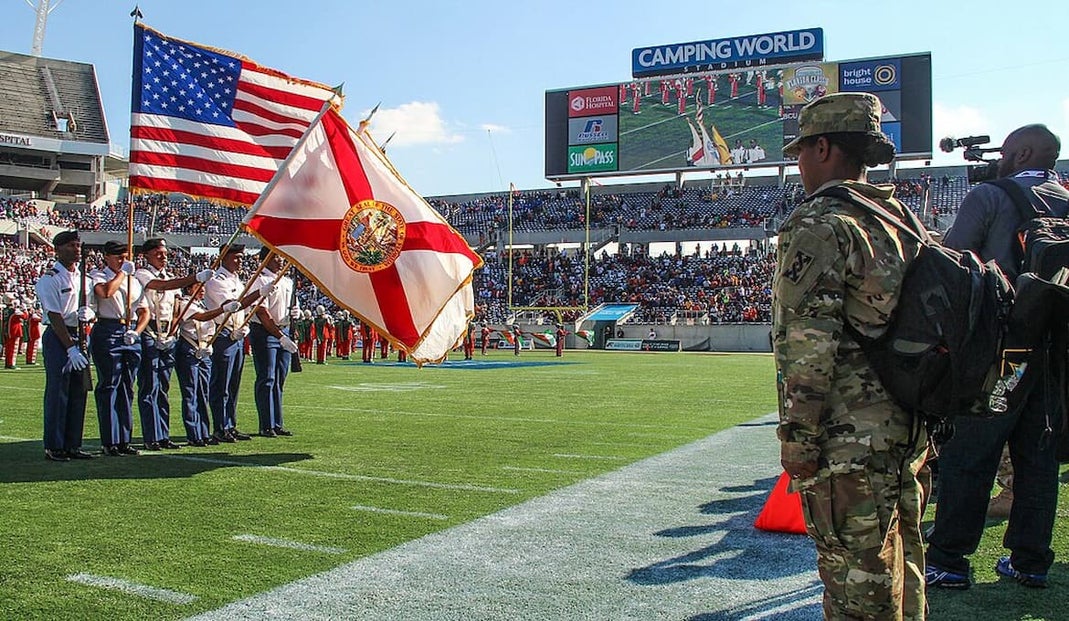Five Sportsbooks Passing Tax onto Bettors
BetMGM and Hard Rock are only the latest operators to take action in response to the new tax in Illinois.
FanDuel and DraftKings have both added a $0.50 surcharge for each bet customers place. Fanatics soon followed, albeit with a $0.25 surcharge. These are intended to help offset the cost that tax operators perceive as unjust, thereby protecting the revenue stream that was impacted when the state increased its annual rates last year.
While Hard Rock and BetMGM won’t assess a fee similar to their rivals, the minimum bet change is expected to result in a similar increase in revenue.
Higher Taxes Mean Small Bets Not Worth Taking
Under the new tax, sportsbooks are required to pay a tax of either $0.25 or $0.50, depending on how many bets they have processed. While it seems like a relatively low amount, it becomes significant when dealing with small wagers under $2. The “per-bet” and annual taxes end up taking almost all of the money stakes, meaning operators no longer benefit from accepting them.
There is a large contingent of bettors who enjoy placing wagers under $2. The most common bet type for these small stakes is parlays with big odds. This provides a thrill despite the small amount of money being risked. Those bettors are now shut out of BetMGM and Hard Rock, and could soon see other sportsbooks add their own minimum bet requirements over the coming months.
Will Illinois Market Become a Cautionary Tale?
The great state of Illinois has hosted one of the country’s largest sports betting markets. While taxes have been high, the dense population and Midwest location have led sportsbooks to invest heavily in the thriving market. However, some are beginning to fear the market is going from being a prize example to a cautionary tale.
The next few months will provide a clearer picture of how the tax battle is affecting sports betting in Illinois. If it begins to decline, it could put lawmakers in a position where they must negotiate with sportsbooks to mitigate the damage. However, that won’t guarantee that bettors who quit during this turbulent time will come back.
If the Illinois sports betting market fails, it will likely lead to a massive change in the power balance between states and the industry.
.svg)


